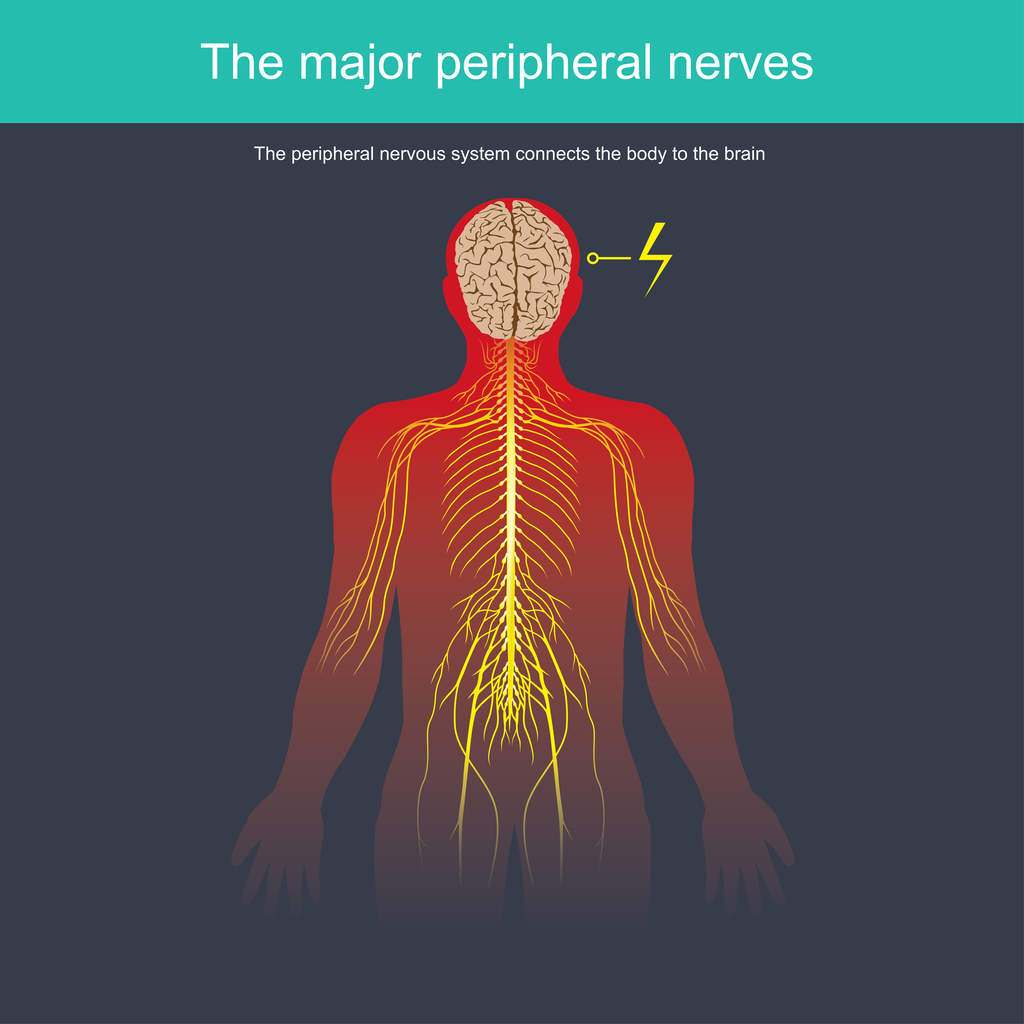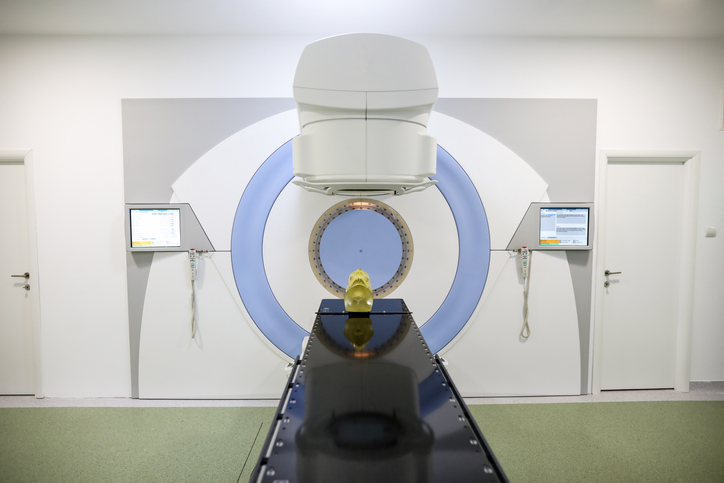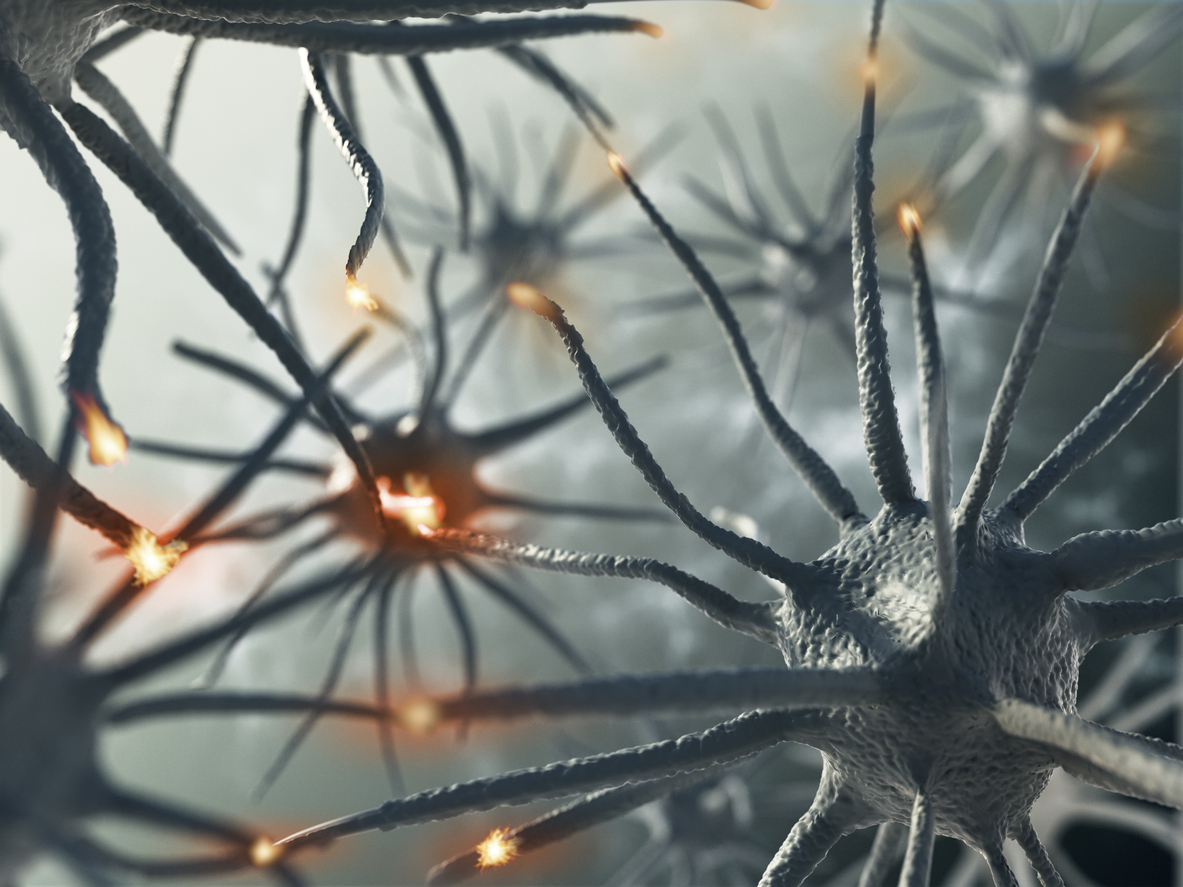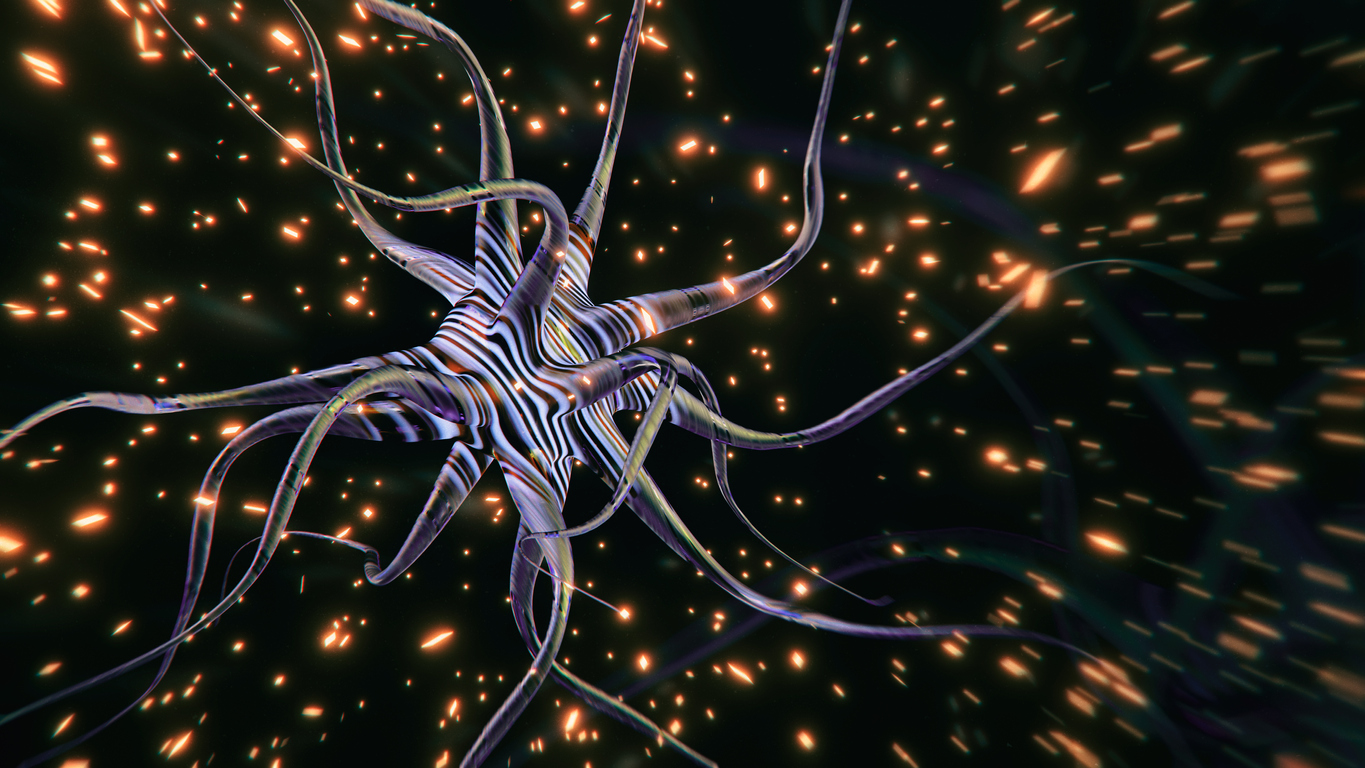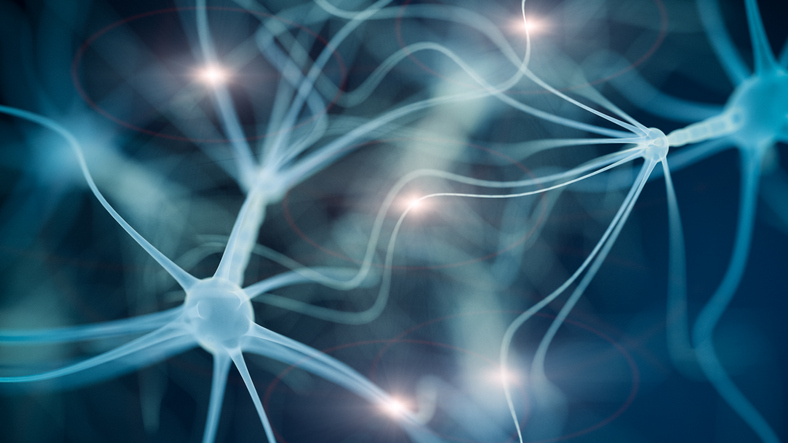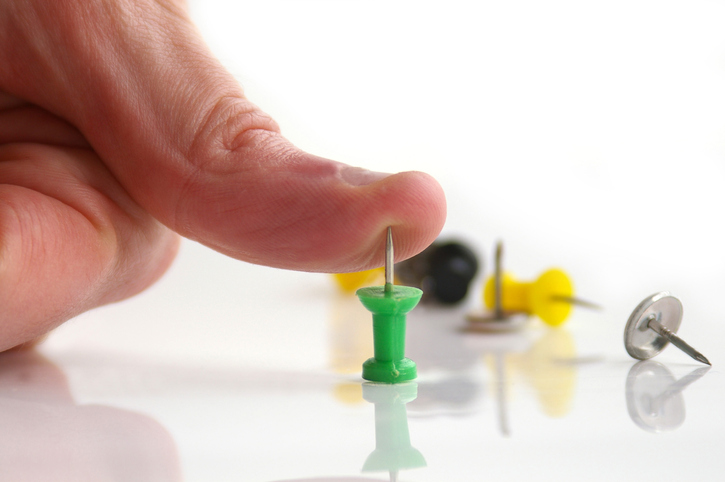Pain
The Relationship Between Erectile Dysfunction and Peripheral Neuropathy

What is peripheral Neuropathy?
Peripheral neuropathy is a medical condition that develops when the peripheral nerves are damaged. The peripheral nervous system is the communication network that connects the central nervous system (the brain and spinal cord) to every other part of the body. Approximately 20 million people in the United States have some type of peripheral neuropathy. It can cause pain, numbness, and weakness. It may also affect other bodily functions, such as urination, digestion, heart rate, sweating, and blood pressure.
Peripheral neuropathy and erectile dysfunction
Peripheral neuropathy has been shown to impact the ability to have an erection. In one study, those with peripheral neuropathy were roughly 53% more likely to have erectile dysfunction (ED) than those without peripheral neuropathy. The increased likelihood of ED was shown in both groups with and without diabetes; however, individuals with diabetes are at an increased risk of experiencing erectile dysfunction. The decreased sensation in the lower extremities due to peripheral neuropathy is thought to contribute to ED. Additionally, peripheral neuropathy and erectile dysfunction have been linked to cardiovascular disease.
Another study on the link between peripheral neuropathy and erectile dysfunction discovered that among those tested, it was more common to experience response alterations in the penis than in the hands or feet. This suggests the need for neurophysiological testing, especially in the pelvic area, to be done on individuals who have ED.
Clitoral sexual dysfunction
Although peripheral neuropathy is associated with sexual dysfunction in both those with a penis and a clitoris, information regarding sexual dysfunction in the latter is lacking. However, clitoral neuropathy has been linked to sexual dysfunction.
Additional source: ScienceDirect



